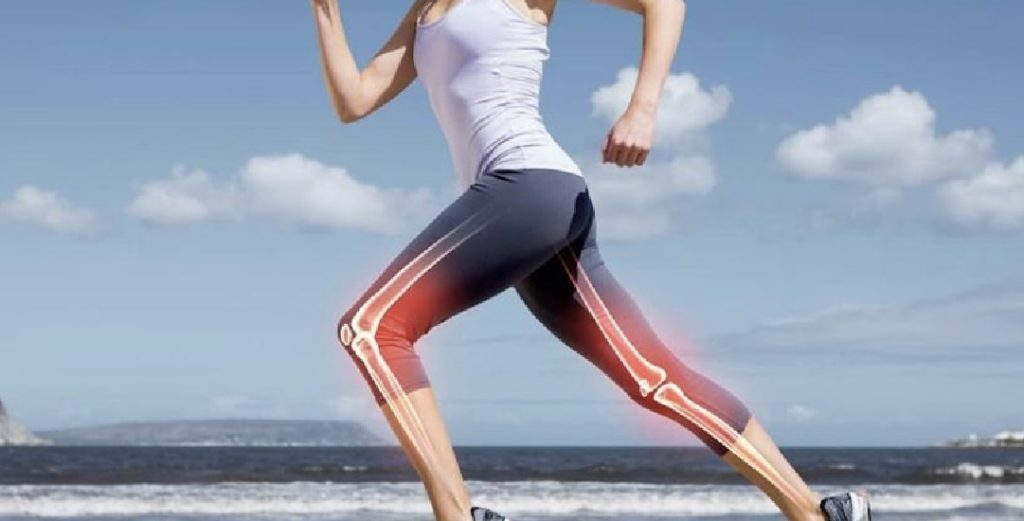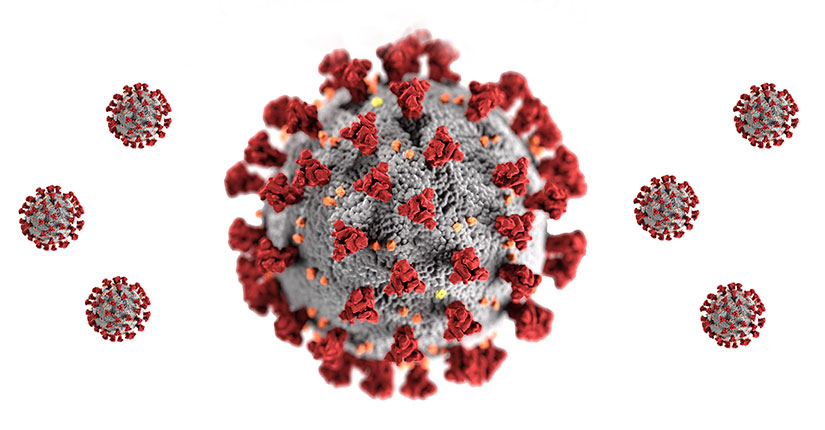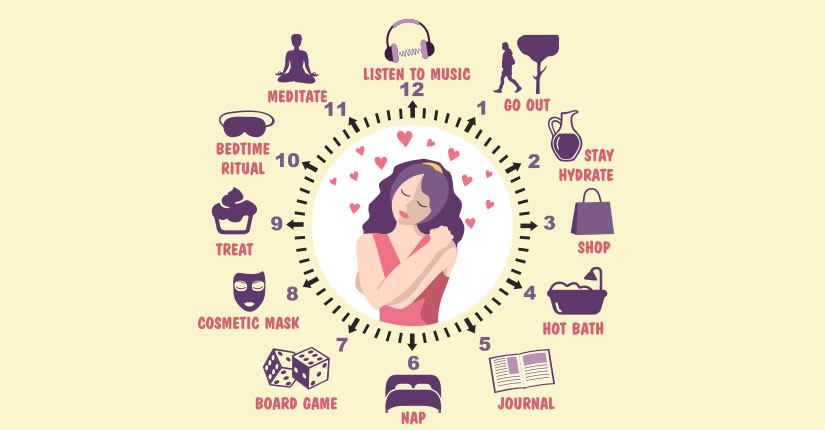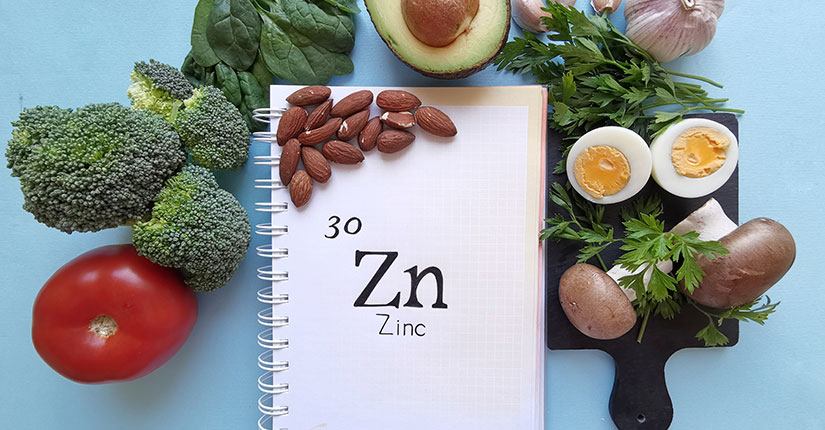The Role of these 5 Nutrients in Bone Health
By Nmami Agarwal 22-Jun 2023 Reading Time: 14 Mins

Bones are basically the main structure of the body and it is essential to keep them healthy and strong, they must be provided with the right nutrients to charge them continuously. This is where diet comes into play as our diet can significantly impact the health of our bones, there are certain nutrients that must be included in our diet to maintain their strength and density. We will have a look at the role of five essential nutrients which help in building strong bones.
Strong bones and their importance
The bones of a human body should be strong for a healthy and active lifestyle, they not only provide support for our muscles and vital organs but also protect our internal organs from damage moreover store important minerals such as calcium and phosphorus. As we grow older our bones become weaker and more susceptible to fractures and breakers this would be due to various factors like poor nutrition, lack of exercise, and hormonal changes. it is important to understand the role of the key nutrients that play a critical role in bone health in order to maintain strong and density. These nutrients include calcium, vitamin D, vitamin K, magnesium, and phosphorus and each of these nutrients has a unique role to play in strengthening bones and preventing bone loss.
Calcium: The building block of bones
Calcium is one of the most vital nutrients for healthy bones and teeth and it is the building block of bones that is responsible for bone density and strength. In fact, 99% of the calcium is in the body stored in the bones and teeth and the remaining 1% is responsible for vital functions such as muscle function, nerve transmission, and blood clotting. Calcium is not naturally produced by the body, so it is important to get it from your diet and dairy products such as milk, cheese, and yogurt as well as leafy greens like kale and spinach, fish such as salmon and sardines and certain fortified foods like tofu and orange juice. If you’re not getting enough calcium through your diet, supplements can be an option however, it’s important to talk to your healthcare provider before starting any supplements as too much calcium can cause health problems like kidney stones and constipation.
Vitamin D: The key to calcium absorption
Vitamin D is essential in building strong bones as it plays a vital role in calcium absorption. Calcium is the main mineral in bones, but without vitamin D, calcium cannot be absorbed and used effectively by the body. This means that even if you consume enough calcium, without vitamin D, your bones may not be getting the full benefit of it.
Vitamin D is also important for regulating calcium levels in the blood, which helps to maintain bone density. If your calcium levels are too low, the body will take calcium from the bones, which can lead to weakened bones over time. The best source of vitamin D is sunlight, as the skin produces vitamin D when exposed to UV rays. However, many people do not get enough sun exposure to meet their daily vitamin D requirements, especially during the winter months. This is why it’s important to consume foods that are high in vitamin D, such as fatty fish, egg yolks, and fortified foods like milk and cereal.
Supplements are also an option for those who cannot get enough vitamin D through their diet or sun exposure.
Magnesium: The unsung hero of bone health
When it comes to bone health, calcium is usually the first nutrient that comes to mind. However, magnesium plays an equally important role in building and maintaining strong bones. In fact, magnesium is essential for the body to absorb and use calcium effectively. Without magnesium, calcium can accumulate in the soft tissues of the body, leading to a host of health problems. Magnesium is also necessary for the production of bone-building hormones like calcitonin and osteocalcin. These hormones regulate bone formation and breakdown, ensuring that bones stay strong and healthy. Unfortunately, many people don’t get enough magnesium in their diet. This is because magnesium is often found in foods that people don’t eat frequently, such as leafy green vegetables, nuts, and whole grains. In addition, certain medications and medical conditions can interfere with the body’s ability to absorb magnesium.
Phosphorus: The forgotten mineral
When we think of essential minerals for bone health, calcium is the first one that comes to mind. However, there is another mineral that is just as important, but often overlooked – phosphorus. Phosphorus is a mineral that works in conjunction with calcium to build strong bones and teeth. In fact, around 85% of the body’s phosphorus is stored in bones and teeth. Phosphorus also plays a vital role in the formation of ATP (adenosine triphosphate), which is a molecule that provides energy to the body’s cells. Without enough phosphorus, our body wouldn’t be able to produce enough ATP, which can lead to fatigue and weakness. The good news is that phosphorus is found in a variety of foods, including dairy products, meat, fish, poultry, nuts, and whole grains. Most people get enough phosphorus in their diets, but individuals with certain health conditions such as kidney disease may need to monitor their phosphorus intake.
It’s important to remember that while phosphorus is a crucial nutrient for bone health, it should be consumed in balance with calcium.
Vitamin K: The bone density booster
Vitamin K is a fat-soluble vitamin that has been shown to play a crucial role in maintaining bone health. It is responsible for regulating the body’s calcium levels and ensuring that calcium is deposited into bones where it is needed most. In fact, research has shown that vitamin K deficiency is associated with lower bone mineral density and an increased risk of fractures. There are two main types of vitamin K: K1 and K2. Vitamin K1 is found in leafy green vegetables such as kale, spinach, and broccoli. Vitamin K2, on the other hand, is found in fermented foods such as natto and cheese, as well as in animal products like egg yolks and liver. One of the ways in which vitamin K works to improve bone health is by activating a protein called osteocalcin, which helps to bind calcium to the bone matrix. Vitamin K also helps to prevent the breakdown of bone by inhibiting the production of osteoclasts, the cells responsible for breaking down bone tissue. While vitamin K deficiency is relatively rare, many people do not consume enough of this nutrient to support optimal bone health.
Foods rich in these nutrients
It’s important to incorporate foods that are rich in bone-strengthening nutrients into your diet. Here are some examples of nutrient-rich foods that can help build strong bones:
- Calcium: Dairy products such as milk, cheese, and yogurt are excellent sources of calcium. Other good sources of calcium include leafy green vegetables like kale, broccoli, and spinach, as well as fortified foods like cereal and orange juice.
- Vitamin D: Fatty fish like salmon and tuna are rich in vitamin D. Other sources include fortified foods like milk and cereal, as well as egg yolks and mushrooms.
- Vitamin K: Leafy green vegetables like kale, spinach, and collard greens are great sources of vitamin K. Other sources include broccoli, cabbage, and Brussels sprouts.
- Magnesium: Nuts and seeds such as almonds, cashews, and pumpkin seeds are good sources of magnesium. Other sources include spinach, black beans, and avocado.
- Zinc: Oysters are one of the best sources of zinc. Other sources include beef, pork, chicken, and beans.
By incorporating these foods into your diet, you can help ensure that your body is getting the nutrients it needs to build and maintain strong bones.
Tips for maintaining strong bones
Maintaining strong bones is important at any age, but it becomes even more critical as we age. Here are some tips to help you keep your bones healthy and strong, no matter your age:
- Get enough calcium: Calcium is essential for strong bones, so it’s important to make sure you’re getting enough of it in your daily diet. Good sources of calcium include dairy products, leafy green vegetables, and fortified foods.
- Get enough vitamin D: Vitamin D is important for the absorption of calcium, so make sure you’re getting enough of it as well. You can get vitamin D through sun exposure, but many people also take supplements.
- Exercise regularly: Weight-bearing exercises like walking, jogging, and strength training can help keep your bones strong and healthy.
- Don’t smoke: Smoking can increase your risk for osteoporosis, so if you’re a smoker, it’s important to quit.
- Limit alcohol consumption: Heavy drinking can also increase your risk for osteoporosis, so it’s important to limit your alcohol consumption.





















